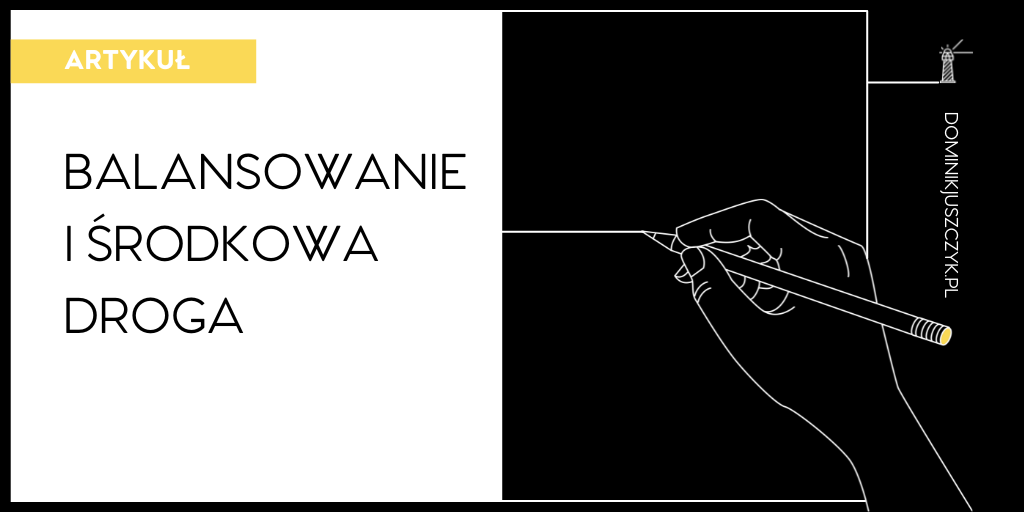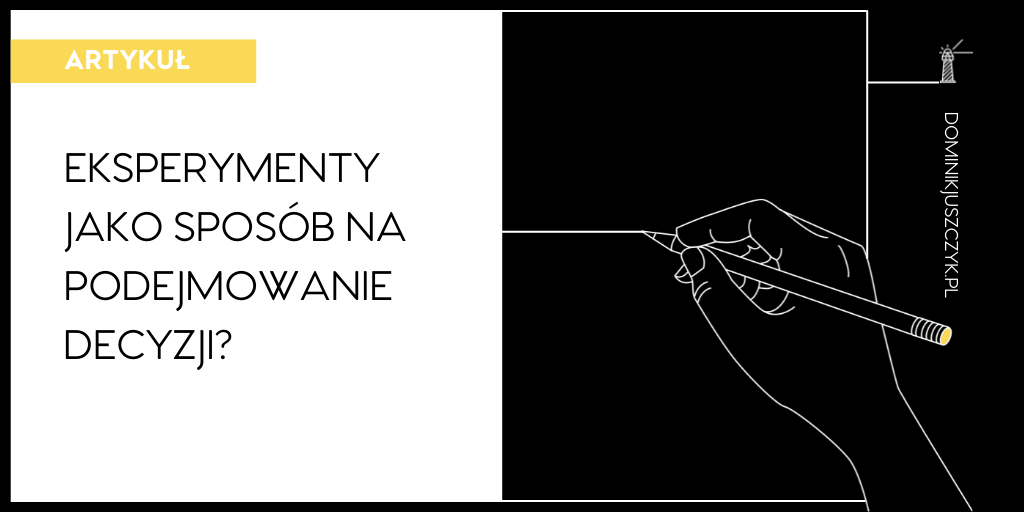

Balansowanie i środkowa droga
Z jakiegoś powodu słowo „balans” pojawia się ostatnio w moim życiu dość często. Z jednej strony wiele mówi się o szukaniu balansu, a z drugiej – widzę, że u mnie lepiej działa świadome, intencjonalne jego zaburzanie. Balans to przecież stan, w którym balansujące strony są idealnie wyważone. A czy właśnie to jest moim celem? Nie. Moim celem nie jest balans, ale intencjonalne działanie oraz dobre wykorzystywanie energii i uwagi, które aktualnie mam. Moim celem nie jest balans jako stan, tylko balansowanie jako czynność.




